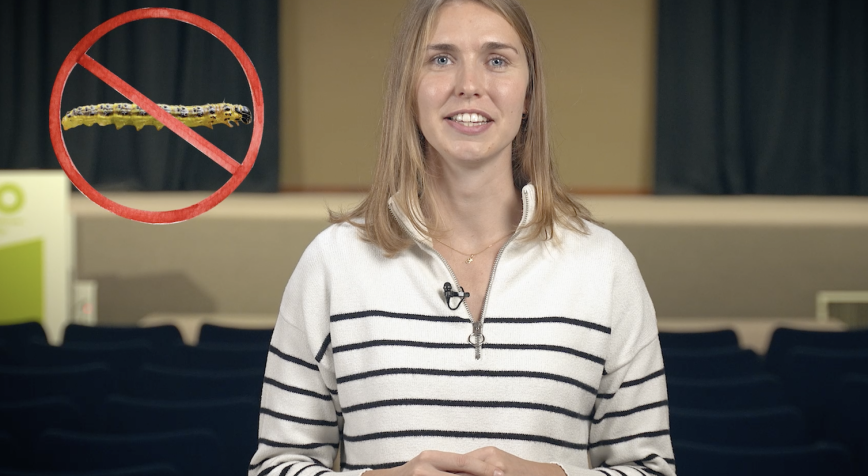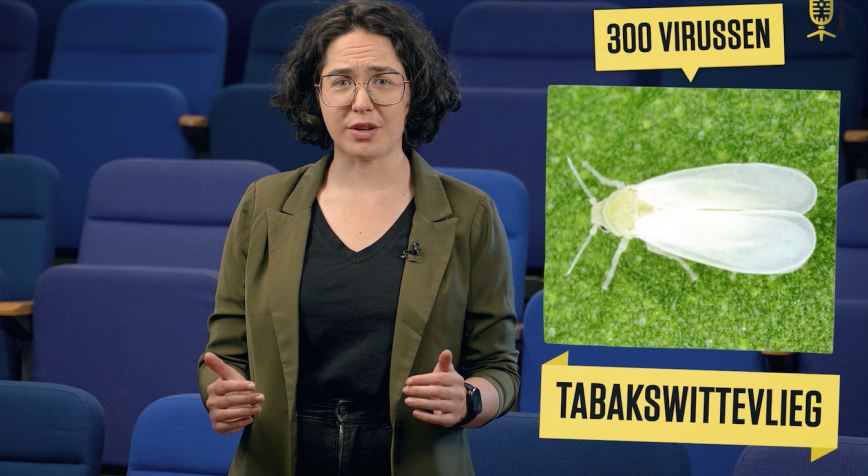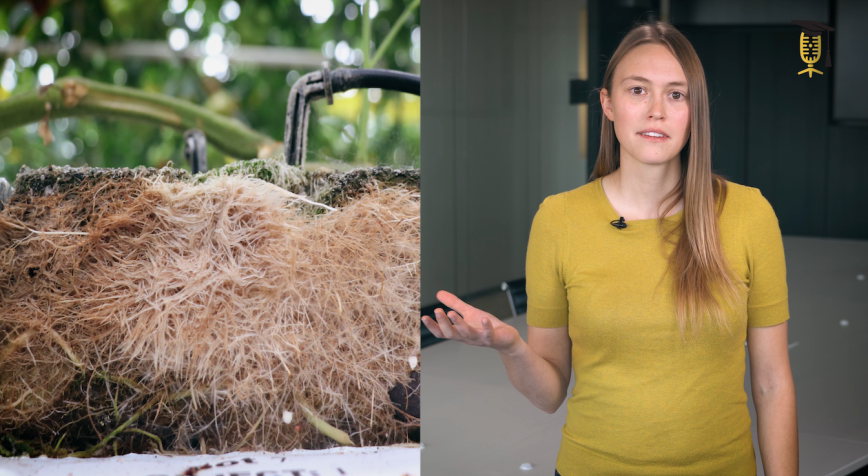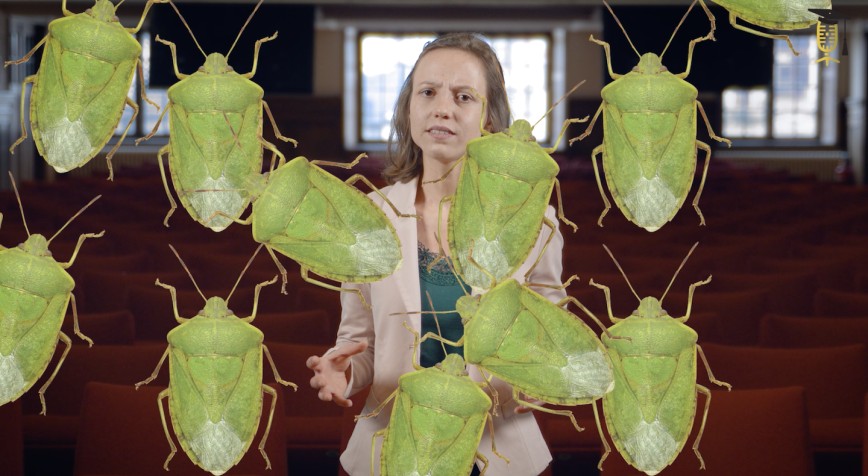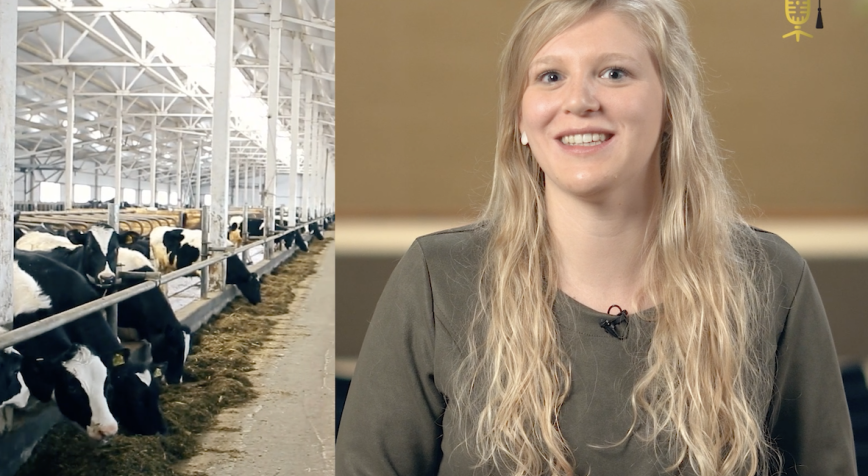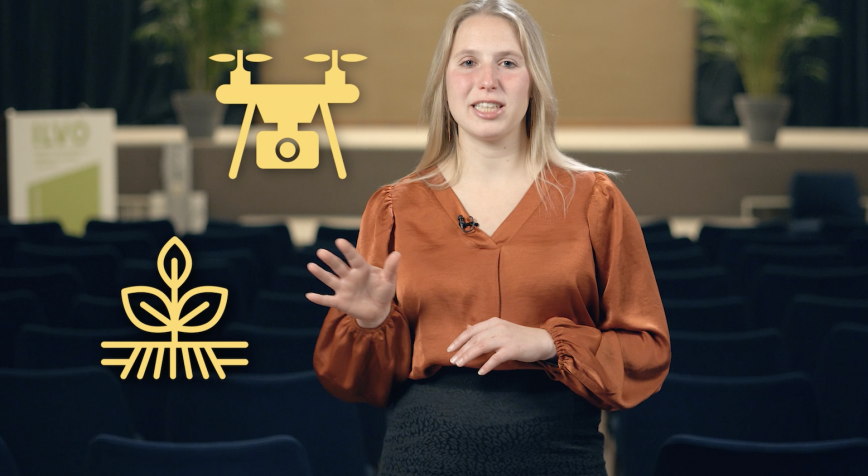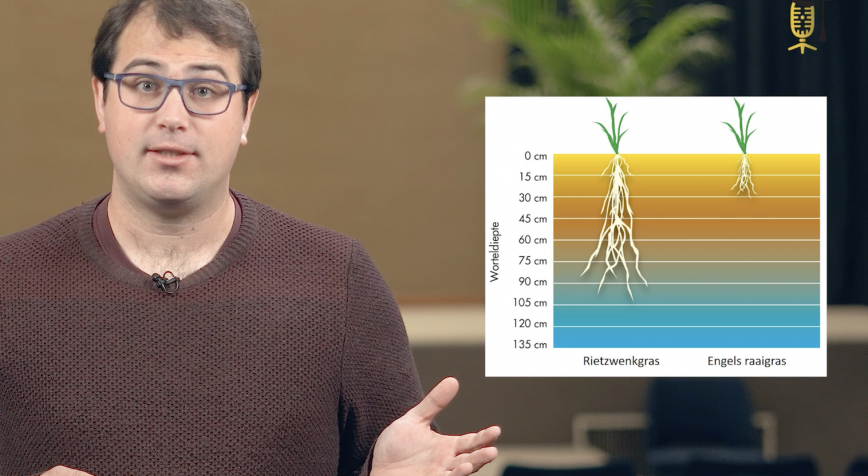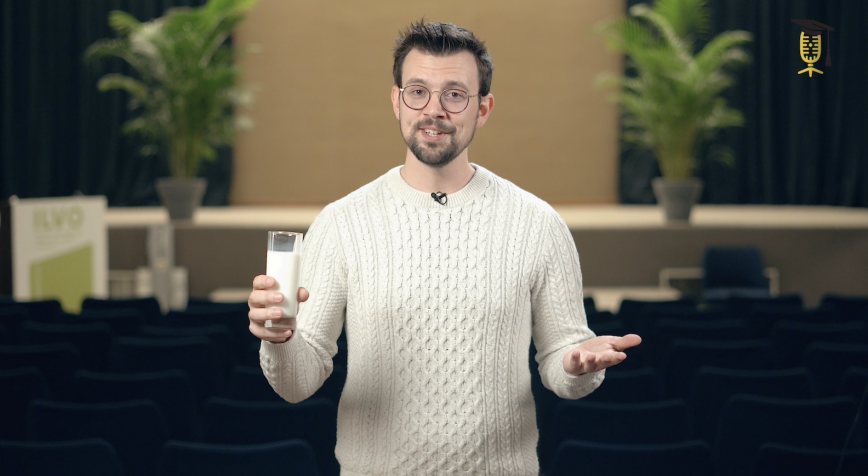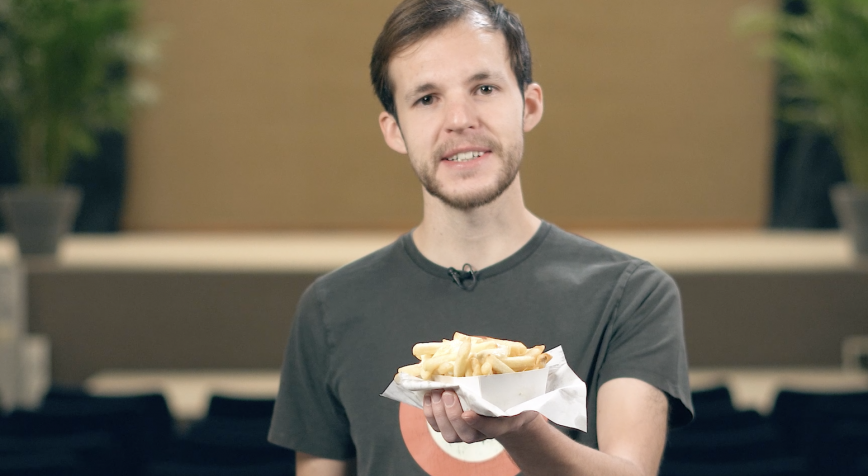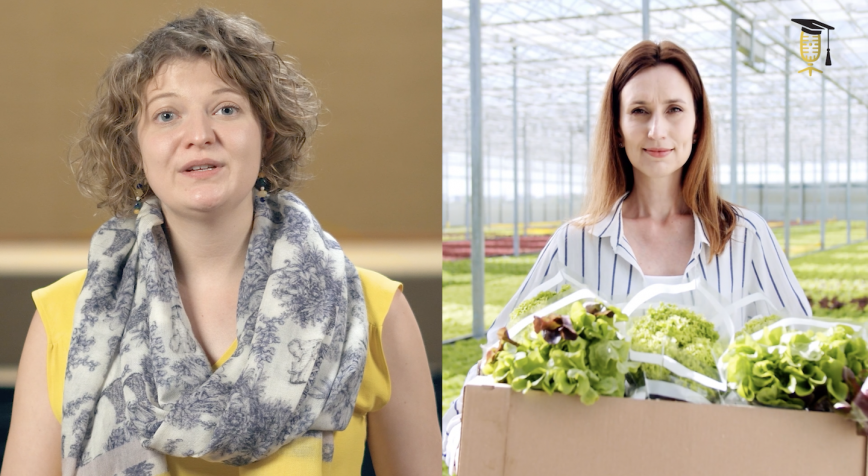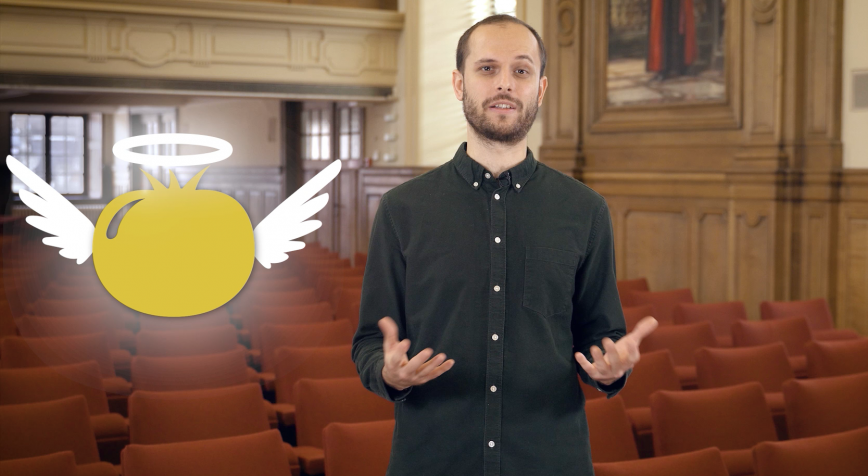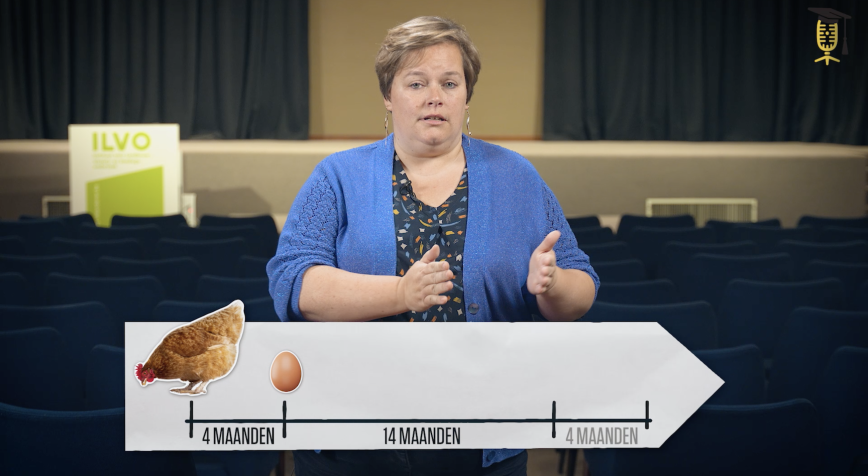
ILVO
How can we support old laying hens to keep laying good eggs for longer?
Did you know that laying hens stay on a laying farm until they are 18 months old? "But maybe this could be 4 months longer, provided their health, welfare, and egg quality are still fine," says Karolien Langendries (ILVO). Together with her colleagues, she investigates what support old laying hens need so that they can lay good eggs for longer.
